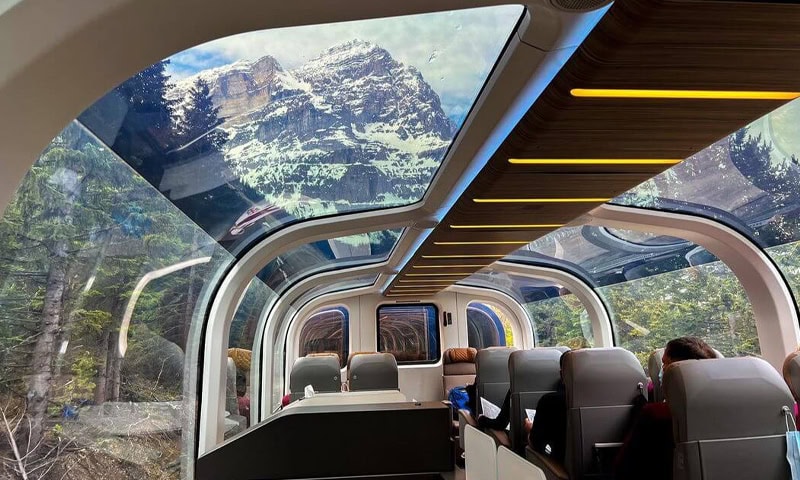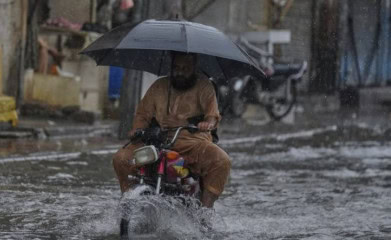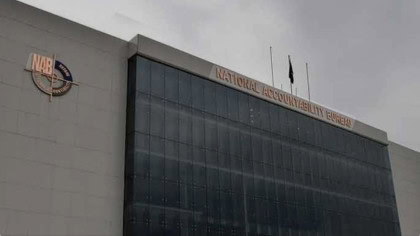LAHORE – Punjab has officially launched its most extensive and integrated eco-tourism network project.
The meeting, chaired by Senior Provincial Minister Marriyum Aurangzeb, was informed that this initiative aims to preserve Punjab’s historical, cultural, environmental, and natural assets while transforming them into world-class tourist destinations.
The project’s core objectives include not only providing high-quality facilities to tourists but also safeguarding Punjab’s historical heritage, strengthening the local economy, and generating new employment opportunities.
Marriyum Aurangzeb highlighted that the government has allocated the largest-ever budget for tourism and archaeology in the fiscal year 2025-26. For the first time in the province’s history, such a significant financial investment is being made to position Punjab as a globally recognised tourist hub.
Record development projects have already been initiated in Rajanpur, Layyah, Dera Ghazi Khan, Jhelum, Gujrat, Muzaffargarh, and Sahiwal to establish modern tourism facilities. These include the construction of contemporary rest houses, eco-tourism points, cultural centres, and recreational sites, aimed at introducing local culture and natural beauty to the world.
Work has also begun to transform historic cities like Harappa, Taxila, and Bhera into international-standard tourist centres. These sites will feature museums, information centres, digital guiding systems, and comprehensive facilities for visitors.
Global-standard recreational areas will be developed along the Indus River at Daud Khel, Mianwali, and Ghazi Ghat. These will offer boating, water sports, camping sites, resorts, and various leisure activities. The minister also directed the immediate restoration and upgrading of historic forts such as Rohtas Fort in Jhelum and the fort in Sheikhupura to preserve these heritage sites while promoting tourism.
A new chairlift project’s feasibility study for Murree has been completed, and a final decision has been made to install a chairlift in Kotli Sattian as well. These initiatives will not only boost adventure tourism but also stimulate the local economy.
All these projects prioritise public-private partnerships to ensure tourists have access to world-class accommodation, food, transport, and recreational services. Increased local investment will directly benefit the community. Through this eco-tourism network, not only will tourism flourish, but environmental conservation and the protection of natural resources will also be guaranteed. Local communities will be made partners in these projects to ensure the success of a sustainable development model.



















